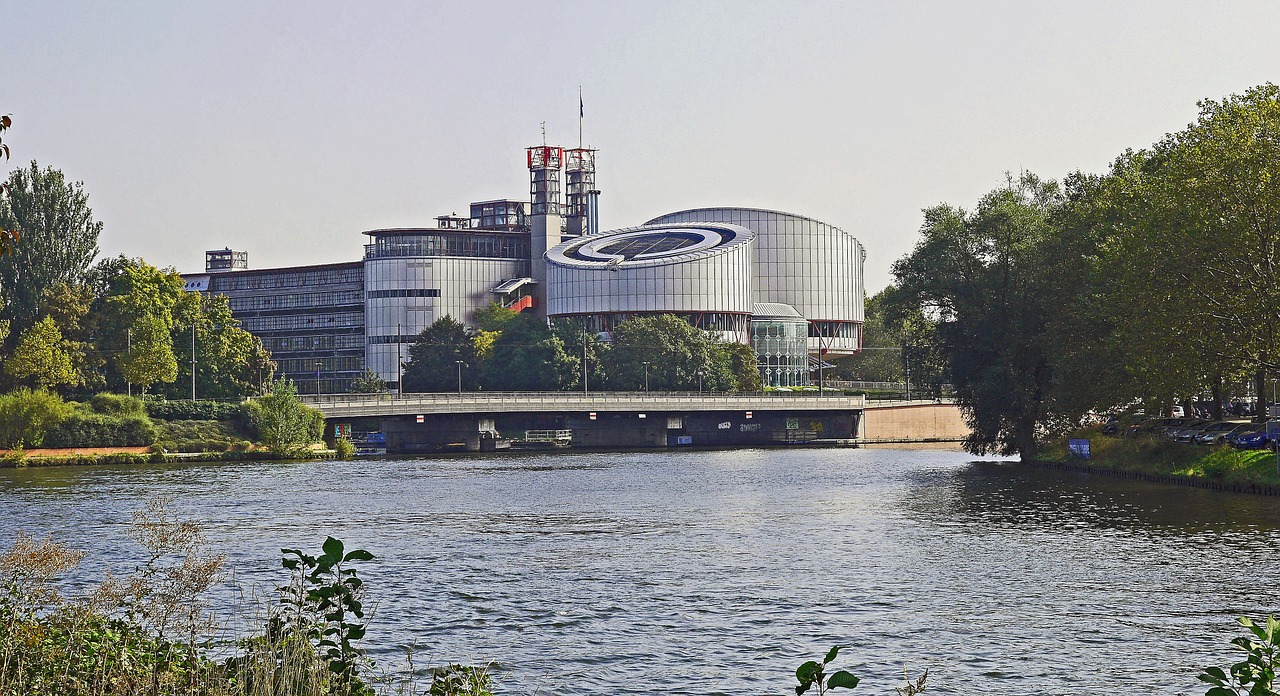ECtHR dismisses Troubles case despite identifying weaknesses in 2012 inquest

The European Court of Human Rights (ECtHR) has dismissed a case brought against the UK by the sister of an IRA volunteer who was shot dead by British soldiers in 1990, despite identifying certain weaknesses in a 2012 inquest.
In a unanimous ruling handed down this morning, the court said it was still satisfied that the inquest had met the requirement under Article 2 (right to life/investigation) of the European Convention on Human Rights to conduct an effective investigation.
Lawyers for applicant Sally Gribben, whose brother Martin McCaughey and fellow IRA volunteer Desmond Grew were shot and killed by soldiers near Loughgall on 9 October 1990, said they were “disappointed with the court’s decision”.
Mr McCaughey was struck by around 10 high-velocity bullets, while Mr Grew had roughly 48 wounds made by bullets entering and exiting his body. Neither of the men had fired any weapons themselves.
The shooting of the two men was one of several at the time which gave rise to allegations of a “shoot-to-kill” policy by the security forces in Northern Ireland, including in the specialist British Army unit whose soldiers were responsible for the shooting.
The deaths were investigated by the Royal Ulster Constabulary (RUC) and prosecutors decided in 1993 that none of the soldiers involved should be prosecuted. An inquest was held in 2012 after being delayed by family litigation and ultimately returned a verdict of “lawful killing”.
The ECtHR concluded that the inquest had been thorough, with a scope which had extended to broader questions relating to the planning and management of the operation. It noted that all of the important witnesses, including all but one of the soldiers involved in the shooting, had given evidence in the inquest more than 20 years after the shooting.
It identified certain weaknesses in the inquest, most notably the failure to disclose to the next of kin material relating to other fatal shootings the soldiers had been involved in, the failure to recall one of the soldiers involved in the shooting to give further evidence, and the coroner’s decision not to further investigate claims that a juror had been hostile towards the next of kin.
However, it did not consider that those weaknesses, either individually or cumulatively, had undermined the inquest’s meeting of the investigation requirements of Article 2, namely to secure the effective implementation of the domestic laws which protect the right to life and, in those cases involving state agents or bodies, to ensure their accountability for deaths occurring under their responsibility.
The court therefore declared the application inadmissible as manifestly ill-founded.
In a statement this morning, Fearghal Shiels of Madden & Finucane Solicitors, representing Mrs Gribben, said: “We are disappointed with the court’s decision.
“The court has expressed concerns about the refusal of the coroner to disclose potentially relevant information in relation to the involvement of military witnesses in other fatal shooting incidents and the failure to ensure the recall of a key military witness to be examined in relation to his shooting of another man, Francis Bradley in 1986.
“It was our contention that these matters were central issues to be determined by the jury and the inquest had been denied important evidence.”









